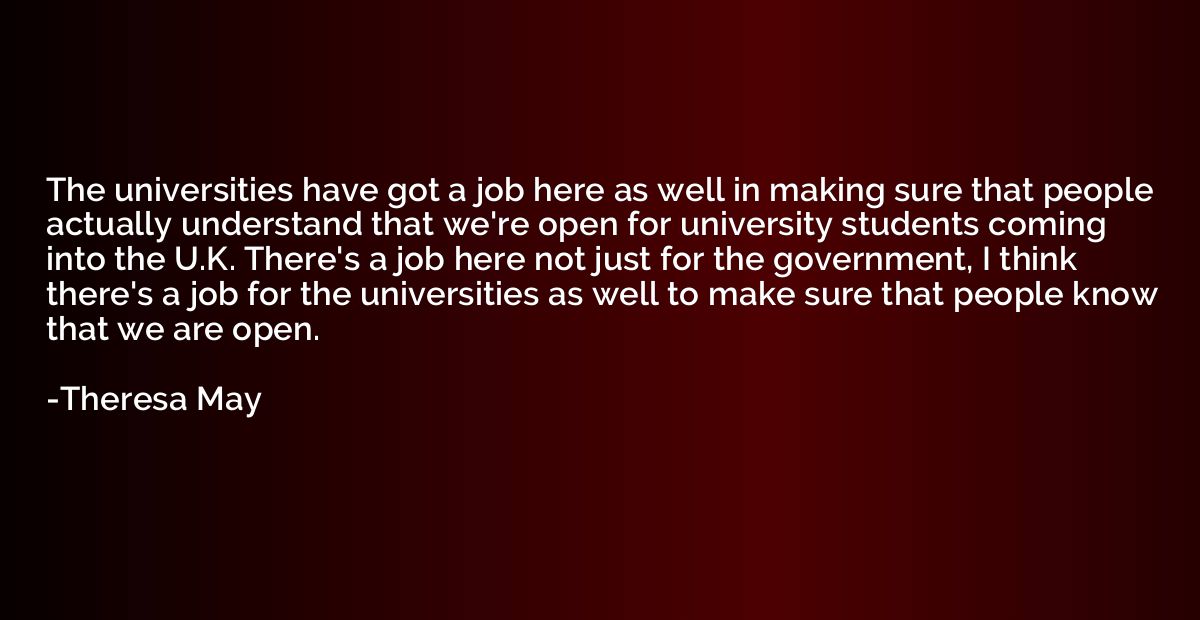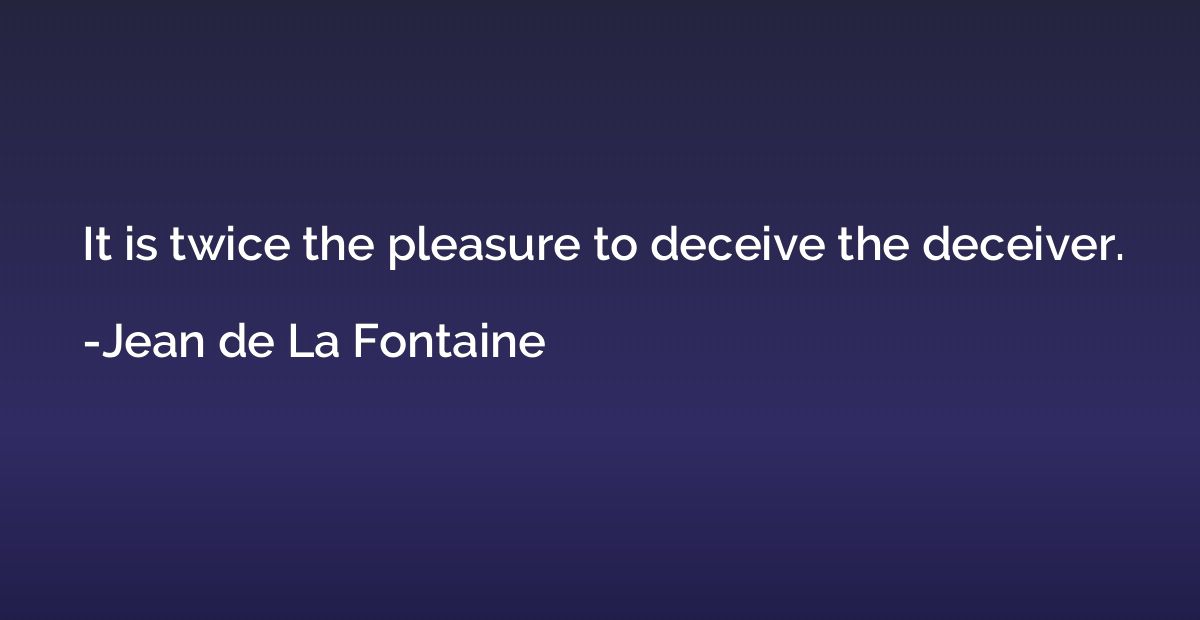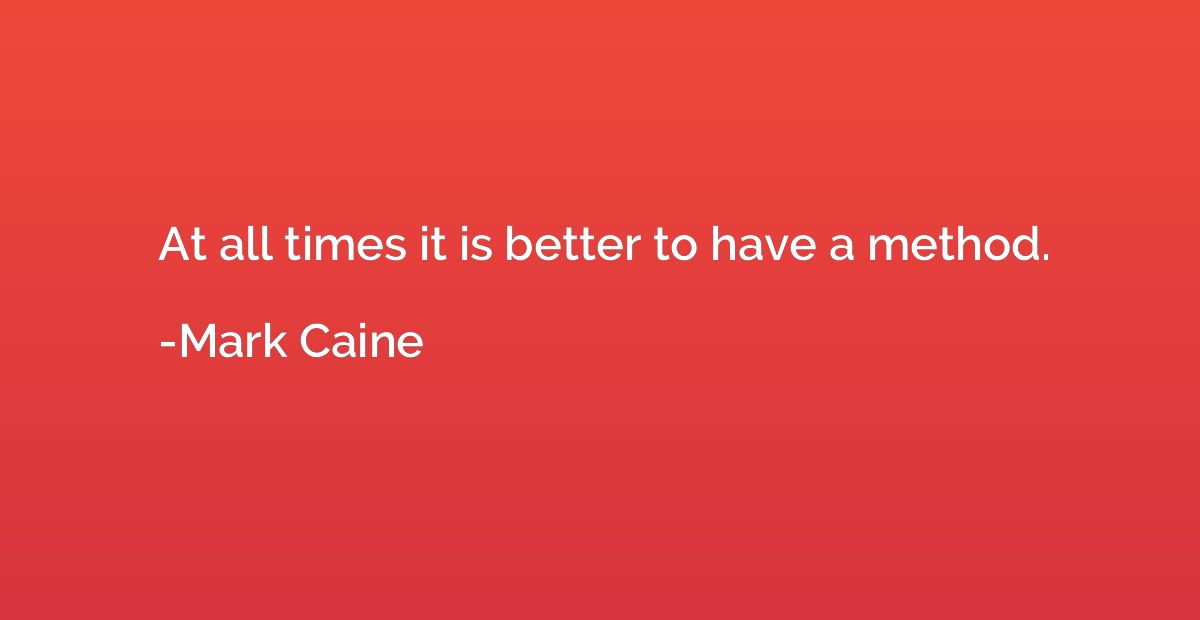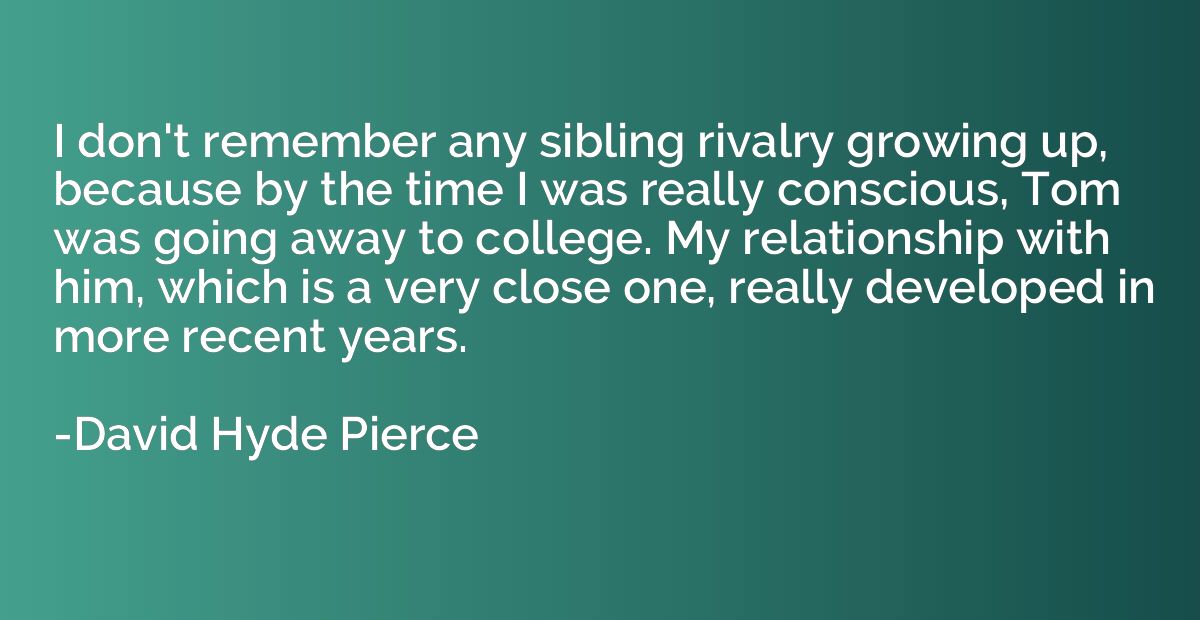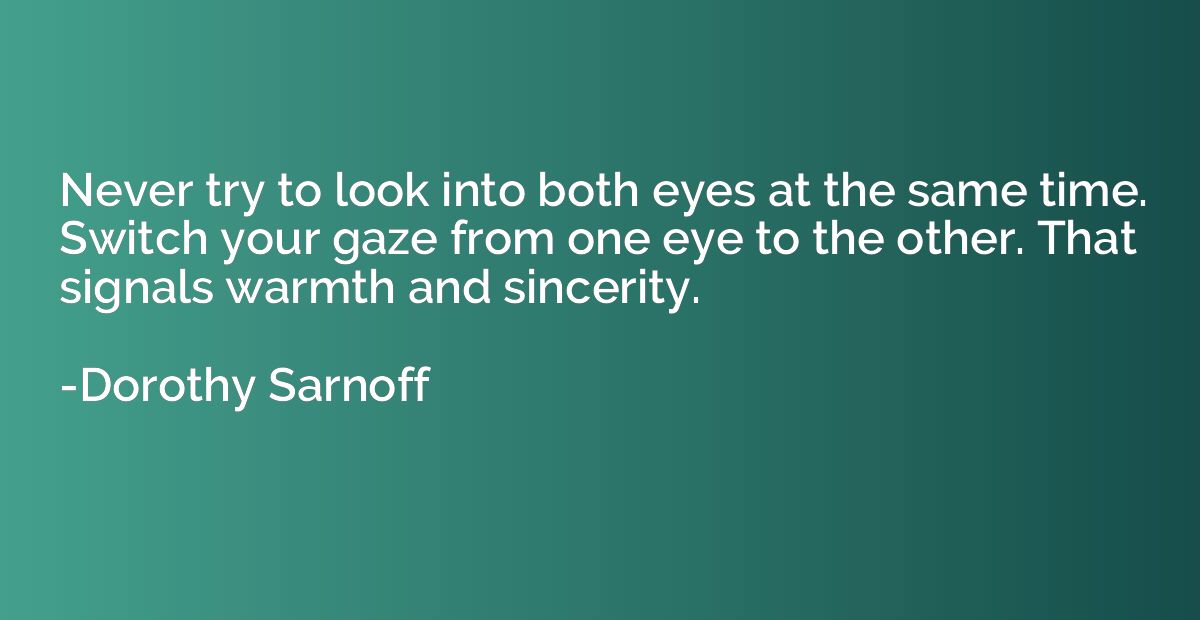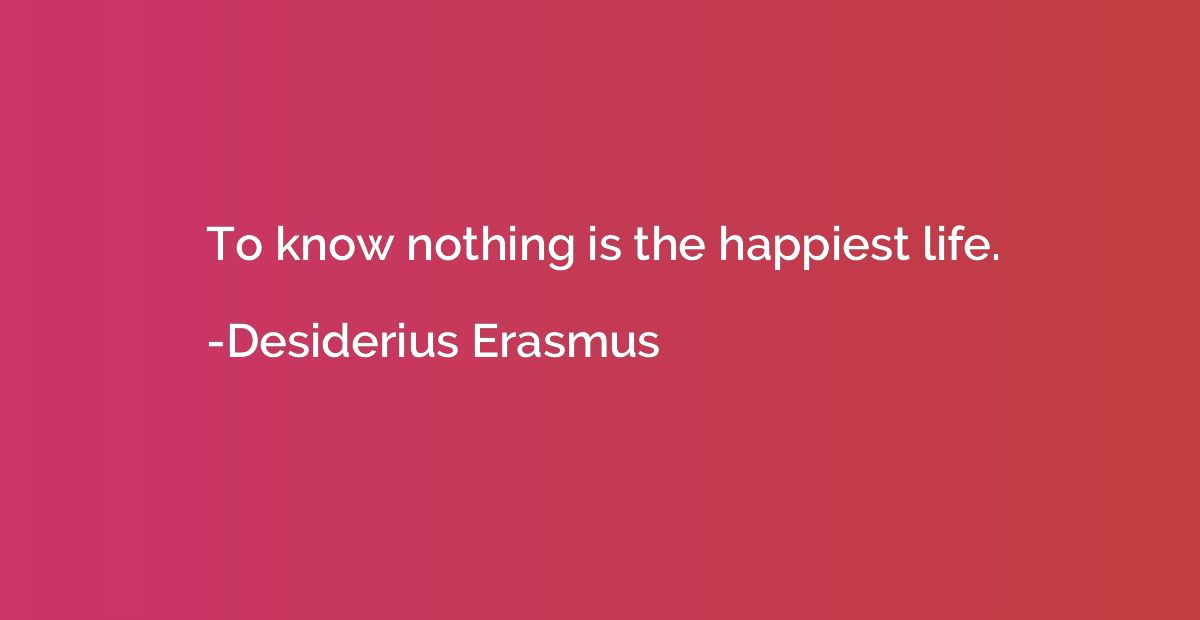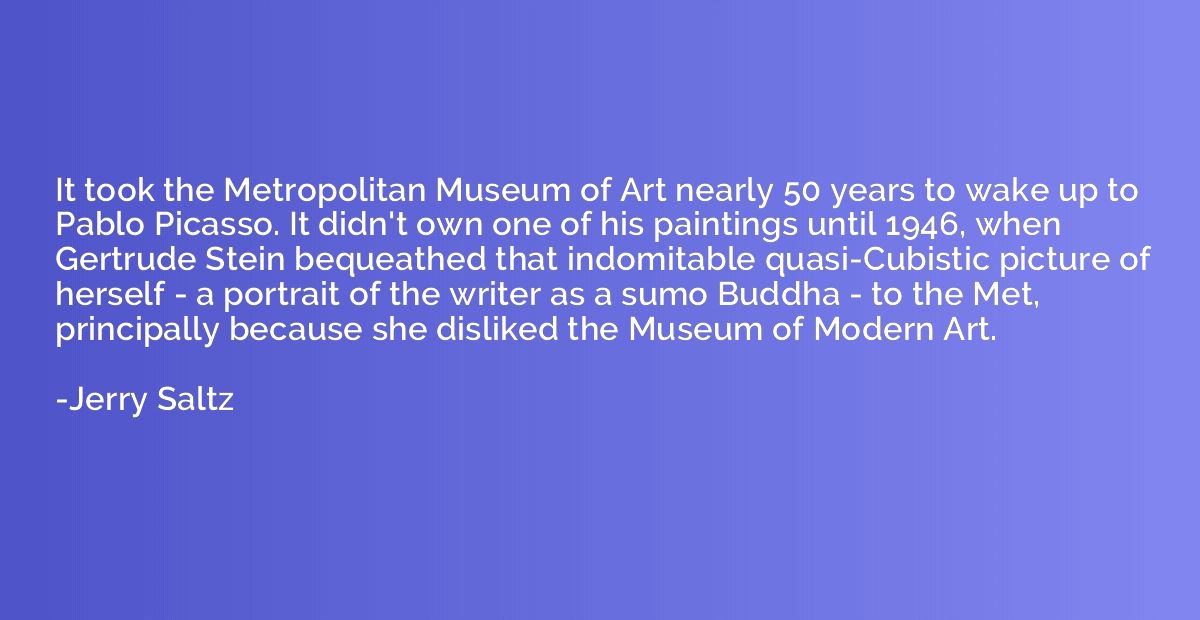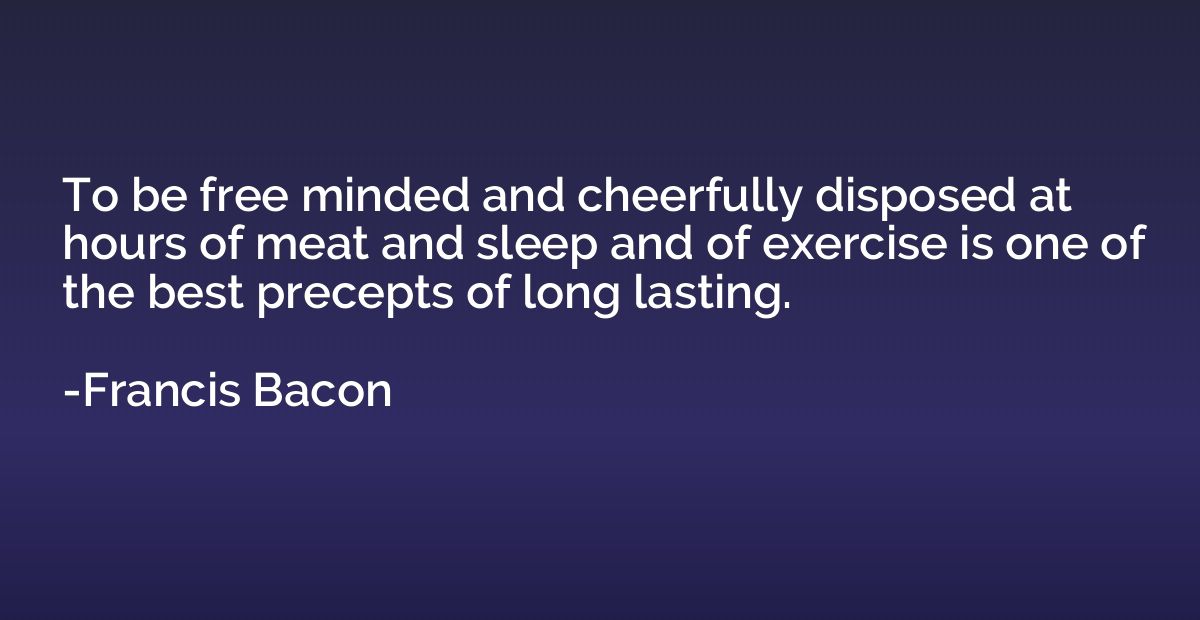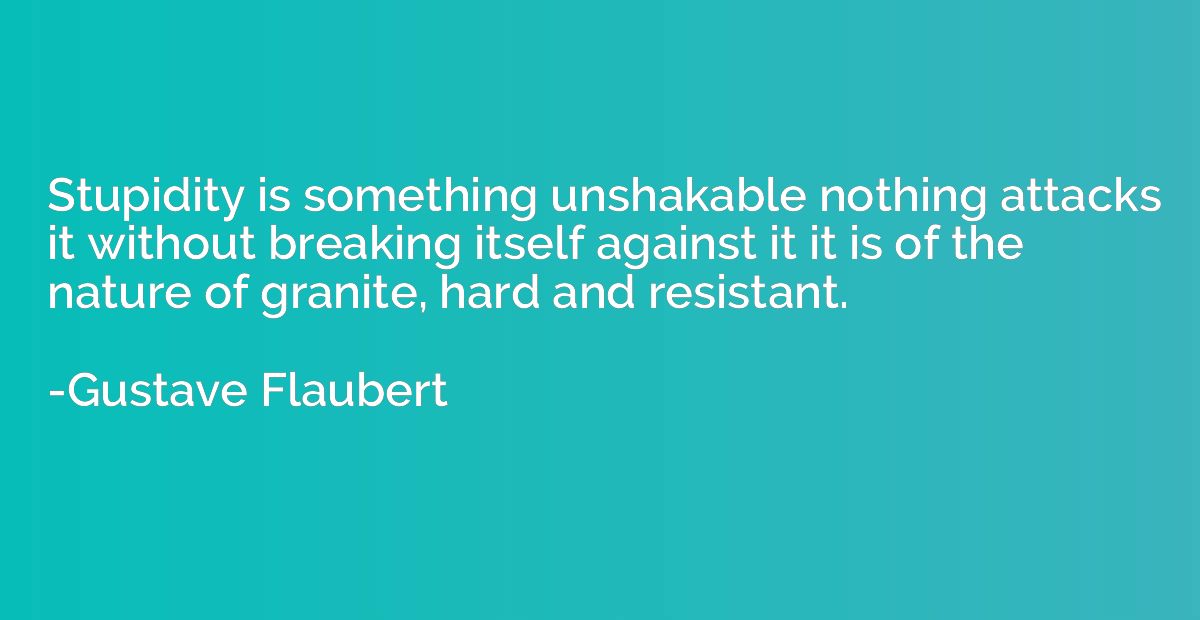Quote by Edward G. Bulwer-Lytton
A reform is a correction of abuses a revolution is a transfer of power.
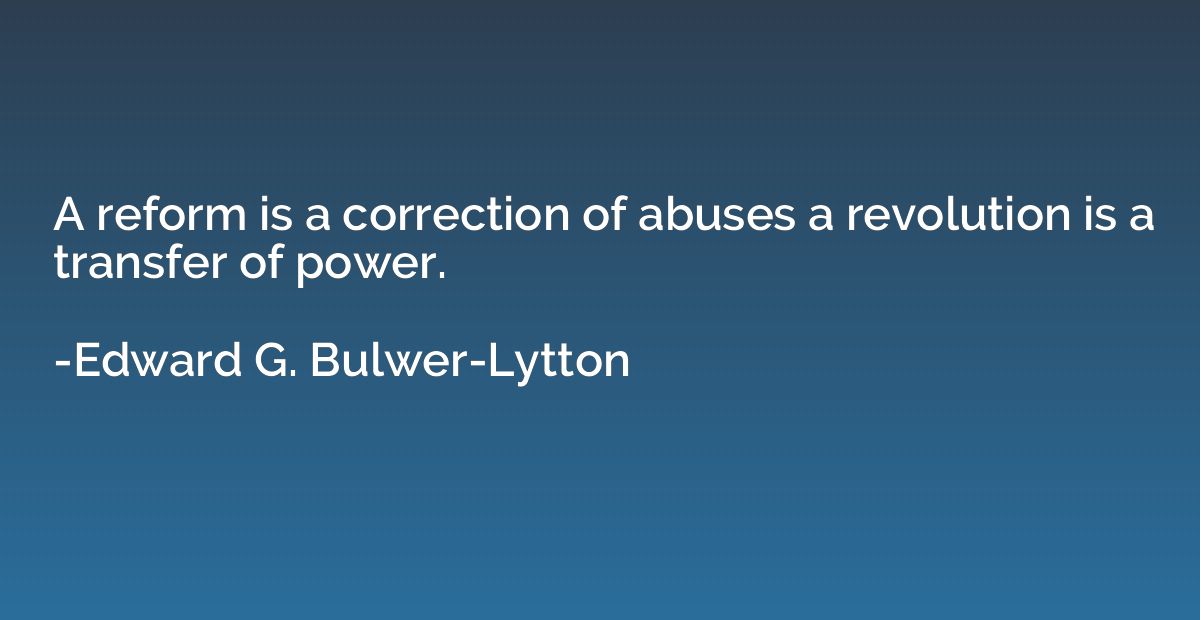
Summary
This quote emphasizes the distinction between reform and revolution. It suggests that a reform entails making necessary changes to correct existing abuses or issues within a system, while a revolution involves a major shift in power from one group or regime to another. Reform focuses on rectifying specific problems within the established framework, while revolution broadens the scope to encompass a complete transfer of authority and restructuring of the existing order. The quote highlights the different approaches and objectives of these two methods of change.



